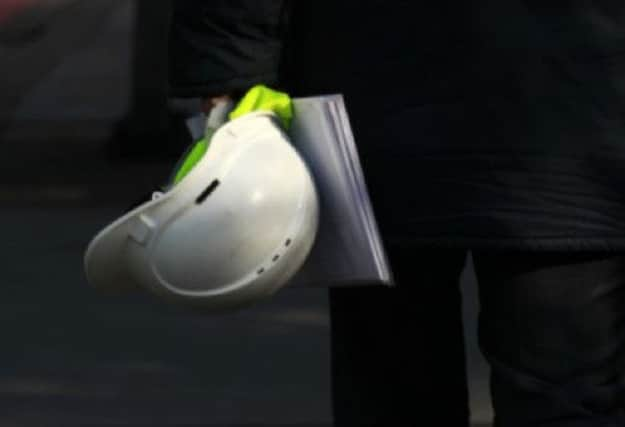Leaders: Welcome move to outlaw blacklisting


When Charles was restored to the throne in 1660, he had 13 of the regicides executed and another 25 jailed for life.
At least Charles’s action was out in the open. These days, industrial blacklisting hides in the shadows, denying due process. Individuals suddenly find they cannot get hired. They have been condemned to unemployment without a chance to defend themselves, or even know the accusations against them.
Advertisement
Hide AdAdvertisement
Hide AdCertainly, employers have the right to choose their employees, but they have no right to blacklist potential workers in secret because of gossip, union membership or a willingness to blow the whistle when companies break the law. Nor do employers have the right to circulate such blacklists to others.
Regrettably, blacklisting is not consigned to ancient history. In March 2009, officials of the Information Commissioner’s Office in England raided the offices of the Consulting Association and discovered a blacklist of 3,213 construction workers. This list had been used by 40 firms in the building industry to screen potential employees. As a result, in 2010, the law was amended to ban denial of employment for discriminatory reasons such as trade union activity, and blacklisting was statutorily prohibited.
Unfortunately, these reforms have failed to stamp out blacklisting. A recent investigation by the all-party House of Commons Scottish affairs committee found that many workers still feel constrained to report infractions of health and safety procedures for fear of being added to blacklists, even if these lists have ceased to be written down. In this context, the committee noted that the rate of fatal accidents in the workplace is higher in Scotland than in the rest of the UK – a significant cause for concern.
It is shameful for anyone to be denied their livelihood – especially in secret – through employment laws being deliberately flouted and subverted. For this reason, we should applaud the decision by the Scottish Government that firms found to have been involved in blacklisting will face the possibility of being excluded from tendering for public sector contracts.
Sensibly, the Scottish Government’s decision is measured. Companies bidding for public sector contracts must reveal whether they have ever been involved in blacklisting. If so, they will be required to show appropriate remedial action has been taken.
Future public contracts will also include a clause allowing them to be voided if a supplier is found to have breached relevant legislation.
At last, a line in the sand has been drawn: Scotland will not tolerate blacklisting and any companies secretly discriminating against their employees will suffer financial consequences.
Dundee deserves role on a wider stage
CONGRATULATIONS to Hull for winning the accolade of UK City of Culture for 2017, but spare a thought for runner-up Dundee.
Advertisement
Hide AdAdvertisement
Hide AdOnce known for jam, jute and journalism, Dundee has transformed its reputation with a significant investment in the arts. Dundee Rep is one of the UK’s most vibrant and innovative theatres, while the DCA art gallery has won an international reputation. And 2015 will see the opening of the Dundee branch of the V&A, at a cost of £45 million.
Dundee can be justly proud of these achievements, which have added massively to Scotland’s attraction for visitors. However, useful the title of City of Culture may be in garnering headlines, Dundee is no arts backwater in need of cultural social work. It may not have the official title, but Dundee is one of the UK’s and Europe’s cultural beacons.
Her bid for the City of Culture title was imaginative. Included were plans to host UK-wide events such as the Turner and Man Booker Prizes, as well as a comic book convention. Hopefully, the city authorities will press on with many of the planned events.
If Dundee had won the title, then potentially it might have been City of Culture while part of an independent Scotland. Hopefully, that did not affect the verdict of the award panel. For the arts are universal and culture is a bridge to understanding between and nations – something Dundee has demonstrated amply.
Scottish MEP Alyn Smith has proposed that Dundee now apply to become the European Capital of Culture, a title awarded to at least two cities each year.
If Dundee decides to enter its name in the European contest, then it should have Scotland’s support.